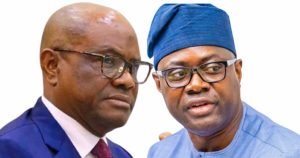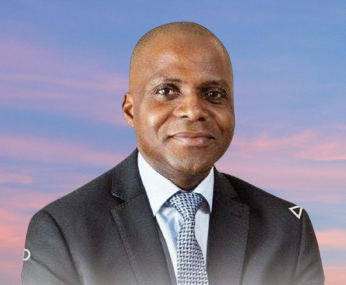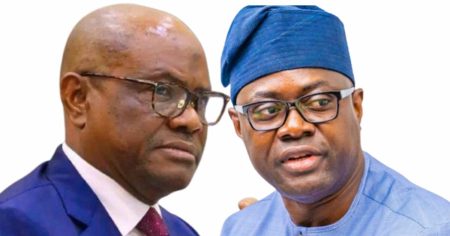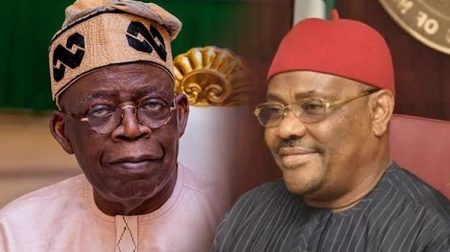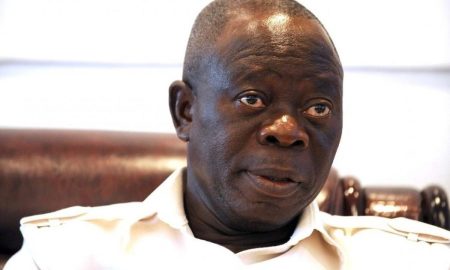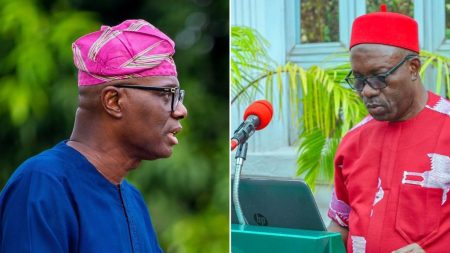Nigeria’s power sector has long been plagued by chronic instability and inadequate supply, a situation that successive administrations have struggled to resolve. The current government’s inclination towards tariff increases as a primary solution is unlikely to yield the desired results, according to energy expert Nick Agu. He argues that the focus should be on fundamental restructuring and infrastructural development rather than simply raising the cost of electricity for consumers. While acknowledging the recent achievement of a peak generation of over 5,000 megawatts as a positive step, Agu emphasizes that it is far from a cause for celebration, given the stark reality of Nigeria’s energy poverty.
Agu highlights the glaring disparity between Nigeria’s power generation capacity and that of other nations with comparable or even smaller populations. While Nigeria, with over 200 million people, struggles to maintain 5,000 megawatts, South Africa, with a population of 65 million, boasts 55,000 megawatts. Brazil, with a similar population to Nigeria, generates a staggering 150,000 megawatts, while even Qatar, with a mere 3 million people, surpasses Nigeria with 8,000 megawatts. This comparison underscores the severity of Nigeria’s energy deficit and the urgent need for a more comprehensive and effective approach to power sector reform.
The crux of the problem, according to Agu, lies not in the generation capacity itself, but in the dilapidated and inefficient transmission and distribution networks. He points to reports of outdated and unserviceable equipment, hindering the flow of generated power to consumers. This bottleneck effectively negates any gains made in generation, leaving Nigerians perpetually grappling with power outages and an unreliable electricity supply. Therefore, simply increasing tariffs without addressing the fundamental infrastructural deficiencies will not translate into improved service delivery. Instead, it will burden consumers with higher costs for a service that remains inadequate.
Agu advocates for a structural overhaul of the transmission network to expand its capacity and efficiency. He draws a parallel with the successful privatization of the Nigerian telecoms sector under President Obasanjo, where licenses were awarded to established operators with substantial investment capacity. This strategic move led to a dramatic expansion of telecoms services, demonstrating the potential of private sector involvement and investment in driving infrastructural development. Agu believes a similar approach is needed in the power sector, focusing on attracting significant international investment to modernize the antiquated transmission and distribution infrastructure.
The key to attracting such investment, Agu argues, lies in creating a stable and enabling regulatory environment. This includes clear and consistent policies, streamlined licensing procedures, and guarantees for investors’ returns. He contends that focusing solely on tariff increases without addressing the underlying infrastructural challenges will only deter potential investors. The current approach, he argues, puts the cart before the horse, prioritizing revenue generation over service delivery. Instead, the government should concentrate on creating an attractive investment climate that encourages private sector participation in upgrading the power sector infrastructure.
In conclusion, Agu urges President Tinubu and his Minister of Power to prioritize infrastructural development over tariff hikes. He advocates for a structural overhaul of the transmission and distribution networks, drawing inspiration from the successful privatization of the telecoms sector. Attracting significant international investment, he argues, is crucial for modernizing the ailing infrastructure and ensuring a reliable power supply for Nigerians. This requires creating a conducive regulatory environment that encourages private sector participation and fosters long-term sustainability in the power sector. Only through such a comprehensive and strategic approach can Nigeria hope to overcome its chronic power supply challenges and unlock its full economic potential.


